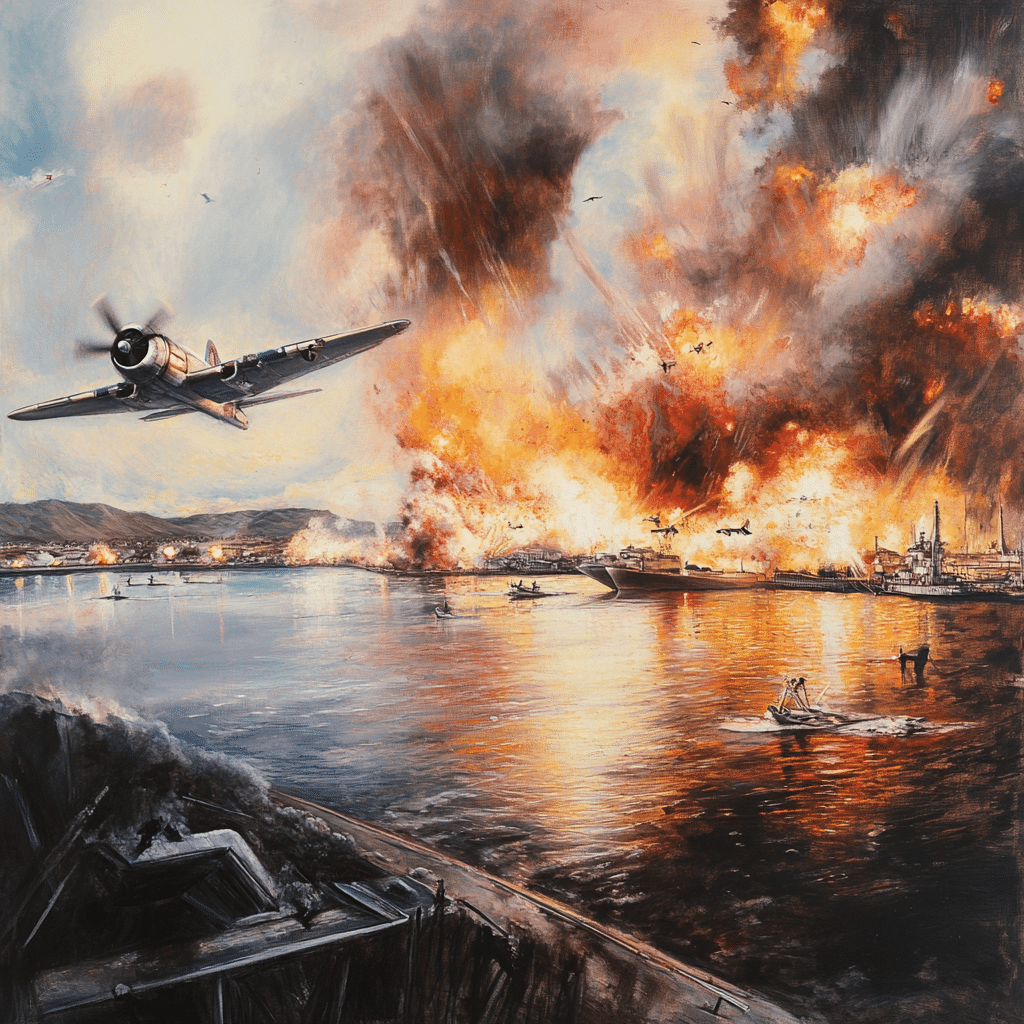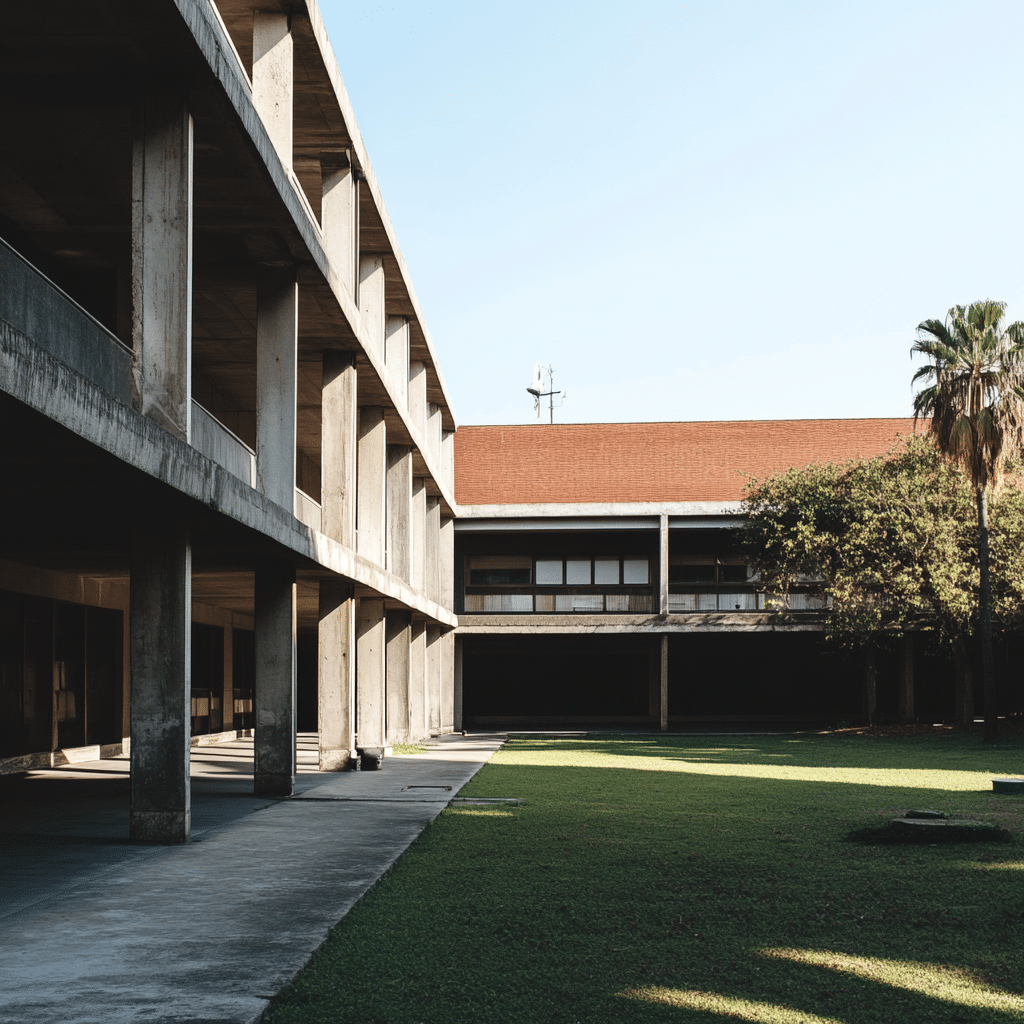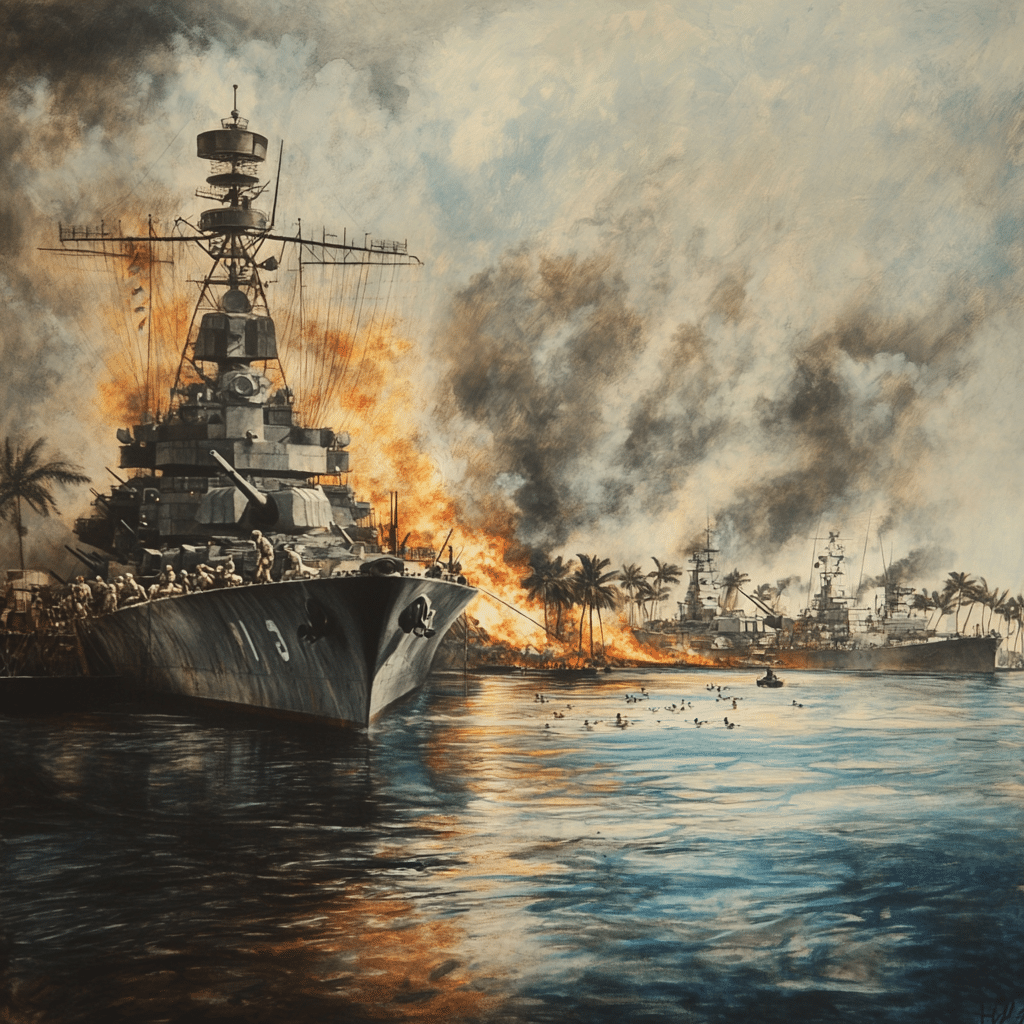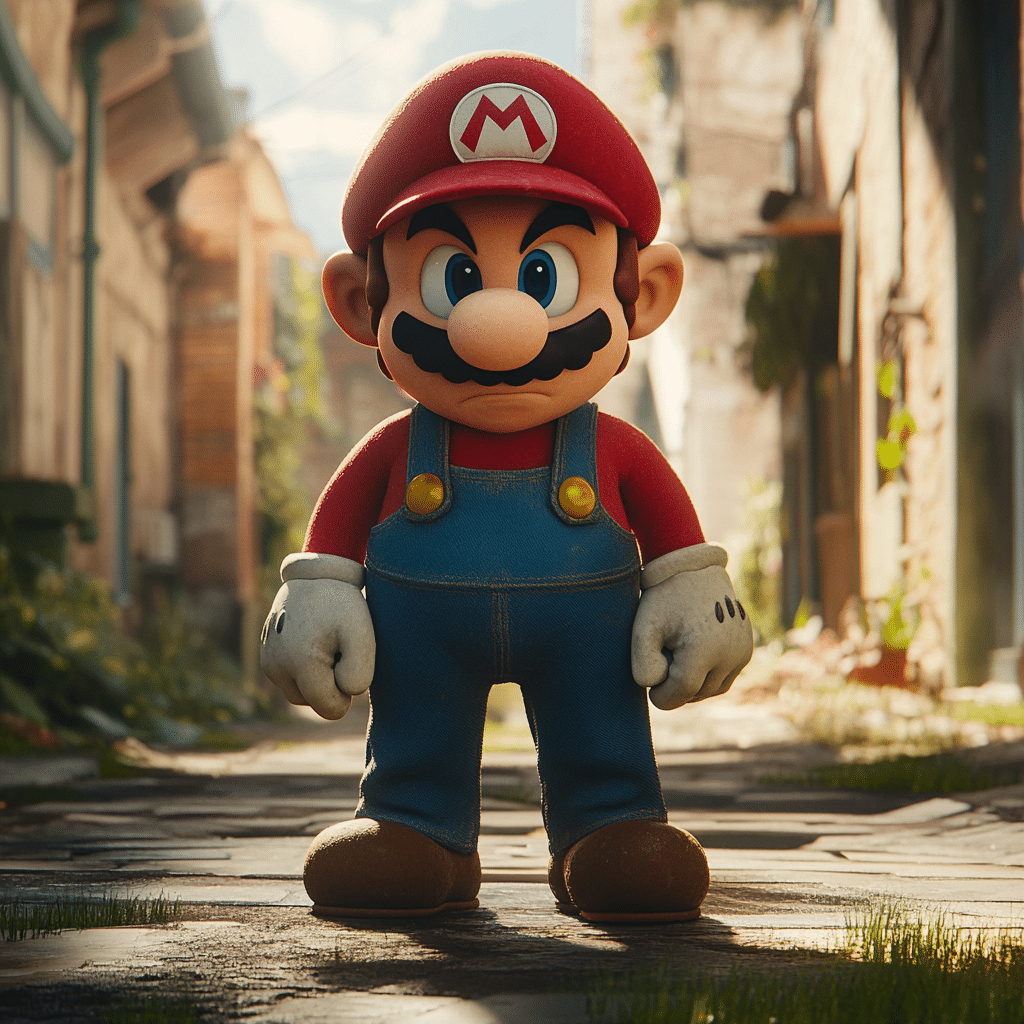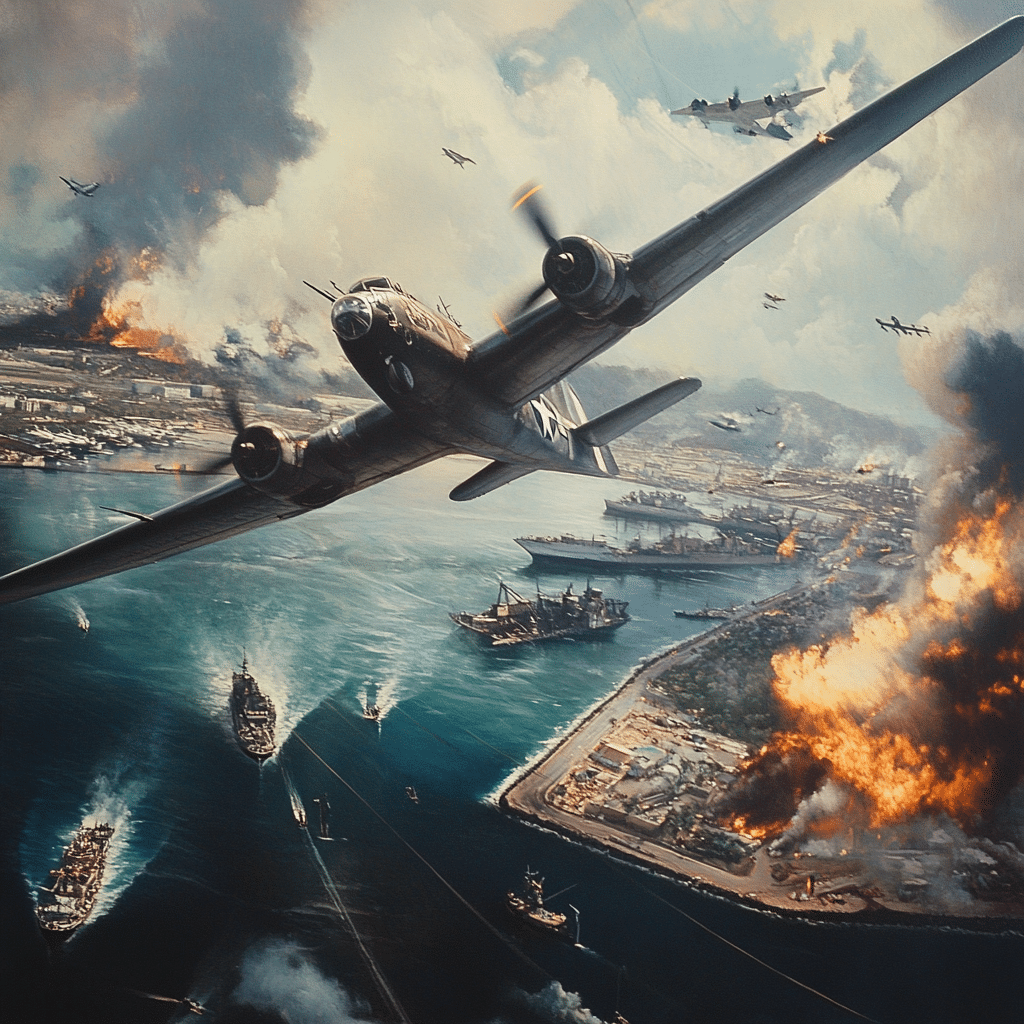
Understanding Pearl Harbor and Its Immediate Impact on American Society
On December 7, 1941, the Pearl Harbor attack launched by the Imperial Japanese Navy hit the United States harder than a runaway freight train. This shocking event tossed America into a storm of chaos, anger, and transformation. You see, Pearl Harbor wasn’t just another day; it was the kind of day that rewrote history and reshaped American military strategy for generations to come. With the orchestration of that surprise attack, glaring flaws in national defense became painfully evident, forcing the country to undergo radical shifts that would redefine its role on the global stage.
Before the attack, most Americans were far removed from the grim realities of war, caught up in the rhythm of daily life like a catchy tune. But when the news broke, a collective anger ignited, and the entire nation began to rethink its identity and values regarding conflict and security. Folks who used to believe in isolation found themselves drawn into a conversation about global responsibility almost overnight. The aftermath of Pearl Harbor didn’t just shift military policies—it profoundly influenced American societal views on war, security, and identity.
As the dust settled, the attack on Pearl Harbor acted like a spotlight, illuminating the urgent need for preparedness and vigilance against threats. The once-distant whispers of conflict turned into a clarion call for action. This was a wake-up call that demanded an in-depth examination of the nation’s military readiness, intelligence capabilities, and diplomatic strategies. The American psyche, long wrapped up in feelings of invulnerability, now faced a rude awakening that changed everything.
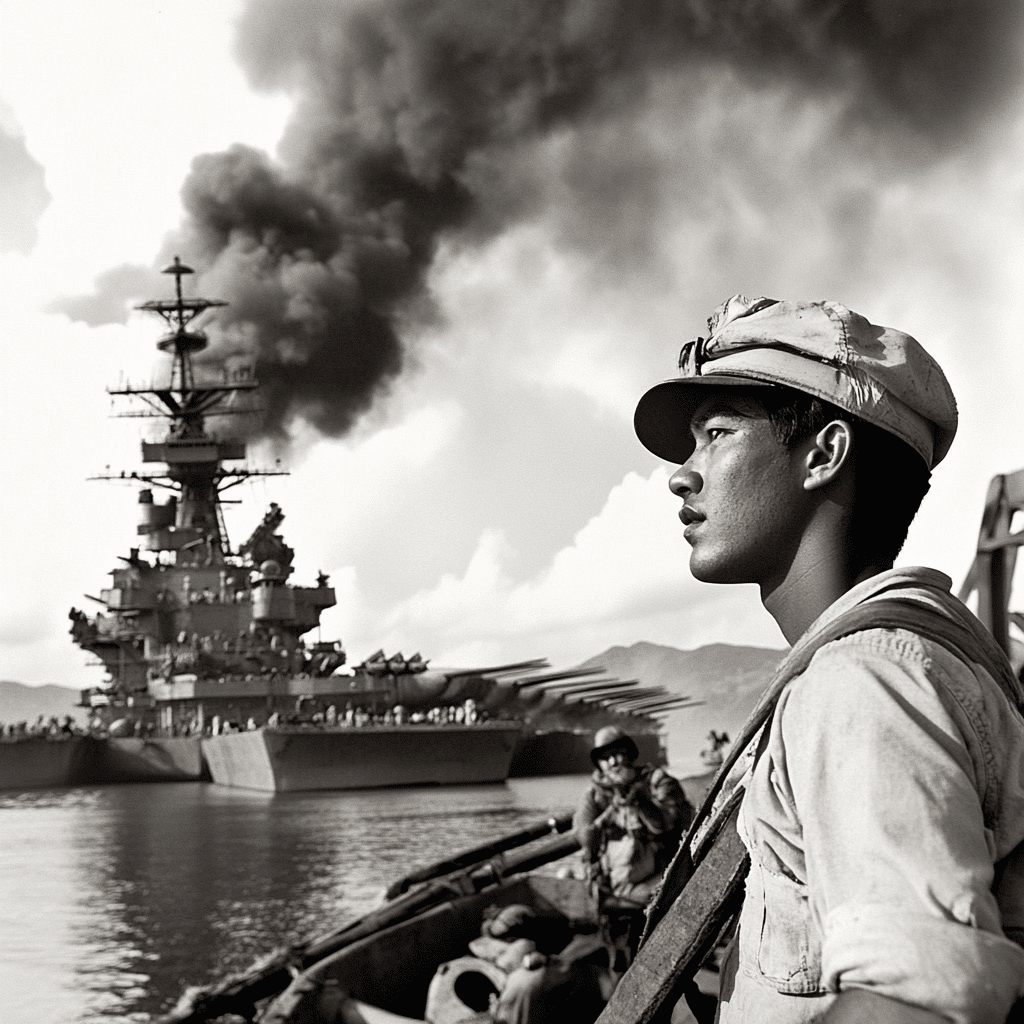
Top 5 Lasting Legacies of Pearl Harbor on American Culture
1. Militarization of American Society
No doubt, the immediate aftermath of Pearl Harbor saw a decisive shift toward a more militarized society. The emergence of military-industrial complexes birthed giants like Boeing and Lockheed Martin. These companies didn’t just fill the skies with planes but reshaped the entire economic landscape of the nation.
2. Civil Rights Movements and Social Reforms
Talk about irony! While the nation rallied together post-Pearl Harbor, it also unleashed a cycle of injustice with the internment of Japanese Americans. This blemish on civil liberties ignited a long-lasting flame that fueled ongoing civil rights movements across the country.
3. The Rise of American Exceptionalism
Pearl Harbor didn’t just mark a turning point in military strategy; it galvanized the American spirit of exceptionalism. This event reinforced a belief that America had a unique role to play in shaping global events.
4. Cultural Reflections in Media and Arts
What do you get when you mix tragedy with creativity? A cultural explosion! From films like “Tora! Tora! Tora!” to contemporary video games depicting military strategy, Pearl Harbor has been both analyzed and memorialized in ways that resonate with audiences across generations.
5. Shift in Domestic Policies Focused on Security
The day of infamy ushered in a new era of heightened security measures that focused on protecting the nation at all costs.
Pearl Harbor’s Global Reverberations: Lessons Lost and Learned
The impact of Pearl Harbor transcended American borders, sending shockwaves through international relations that are felt today. Countries re-evaluated their military strategies and sought new alliances in the chilling wake of global conflict.
One notable lesson learned centered around the importance of intelligence sharing and collaboration. Post-war, efforts led to the formation of NATO and various international treaties aimed at ensuring collective security.
Reflections on Pearl Harbor: A Complex Legacy
Pearl Harbor encompasses more than just a moment in time; it represents a multifaceted legacy rooted in national identity, foreign policy, and cultural narratives. As we move into 2024, the lessons from that fateful day encourage us to reflect critically—Are we truly prepared for future crises?
In a tech-savvy age where cyber warfare looms large, the vulnerabilities highlighted by Pearl Harbor still ring true. The fundamental lesson remains: our ability to learn, adapt, and respond effectively can determine not only our safety but also our national character.
As we ponder the past, the reflections on Pearl Harbor beckon us to honor our history while staying vigilant and ready for the unexpected. The horrors and triumphs from that day continue to resonate, reminding us that understanding our history is the first step to building a more secure future.
In the end, Pearl Harbor isn’t just a tale of sorrow; it’s a story of resilience, a narrative that challenges us to reflect on who we are and who we aspire to be. As the world shifts around us, we must embrace the urgency of preparation—because history has a way of reminding us how fragile peace can truly be.
Whether it’s through storytelling in arts or through our commitments to active peacekeeping, let’s strive for a society that honors its past while being ready to battle tomorrow’s uncertainties.
Pearl Harbor: Engaging Fun Trivia and Interesting Facts
A Day That Shook America
Pearl Harbor, that fateful day on December 7, 1941, marked a turning point in American history. Did you know that the attack lasted just about two hours? In that short span, the Japanese forces managed to sink or damage numerous vessels and destroy a significant number of military planes. It’s quite similar to an unexpected plot twist in a Lee Norris film, where suspense grips the audience and things change dramatically in an instant. Just like how fans watch the latest United Vs Wolves match anticipating a last-minute goal, Americans were suddenly caught in a whirlwind of turmoil and change that day.
The Aftermath
The aftermath of Pearl Harbor sparked an undeniable shift in public sentiment and military engagement. Interestingly, famous phrases like “Remember Pearl Harbor” rallied the American spirit. However, it’s essential to remember that the attack led to jokes of a different kind, often considered inappropriate Jokes in hindsight, reflecting the complexity of human reactions in times of crisis. The resilience displayed by the U.S. was akin to that of a sturdy Motoneta Yamaha, moving forward despite setbacks and challenges.
Lessons from a Historic Event
As we reflect on the significance of Pearl Harbor, it’s crucial to look at our present context. For instance, understanding how historical events have impacted modern discussions, like the consideration of average mortgage interest rates, showcases the interconnectedness of our past and present. Additionally, one might think about the role of technological advancements seen in places like Tecnoparque, where innovation continues to evolve. Pearl Harbor was not just an attack; it was a catalyst prompting changes, turning the tide and leading us into an age of growth and transformation.
